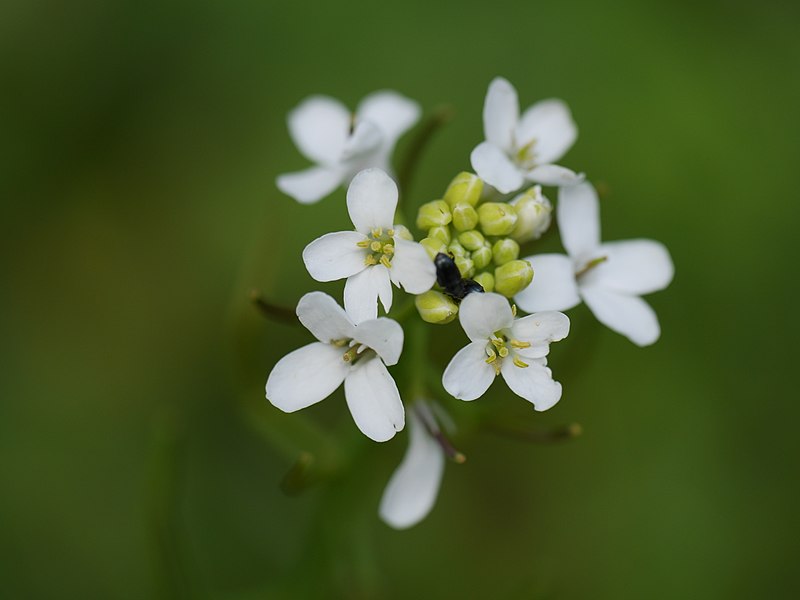Author: Chandan Gautam is a Postdoctoral Fellow researcher based at Institute of Plant and Microbial Biology, Academia Sinica, Taiwan.
Plants interact biologically, chemically and physically with the soil close to their roots. This space of interaction between roots and soil system referred to as rhizosphere influences plant growth and development. One of the factors that strongly determines the fitness of plants is the pH of the soil. The availability of nutrients, degradation of organic matter, nitrogen fixation, and microbial activity are some of the key processes that are strongly influenced by soil pH. This is especially true in calcareous soil, where the availability of some essential nutrients might drop, a situation which is particularly affecting the mobility of iron (Fe), which precipitates at elevated pH.
What happens to Fe in soil at elevated pH?
Iron is, by mass, the most abundant element on Earth, and the fourth most abundant element in the Earth’s crust. In spite of its abundance, Fe remains poorly available in neutral and alkaline soils which comprises about 30% of the global-arable land area. Iron is known to be easily oxidised in air, as one might have witnessed the rusting of Fe in common metallic objects around us. In soil, a similar chemical reaction leads to immobilization of Fe and renders it unavailable for uptake by plant roots. Iron deficiency causes chlorosis of younger leaves and strongly compromises plant growth and development.
Root exudates as essential players in overcoming soil alkalinity
In alkaline soil, gramineous plants are relatively better adapted to acquire oxidised Fe as compared to the non-grasses. However, the ability to overcome alkalinity in non-grasses depends on the efficiency of the reduction-based iron uptake strategy deployed by them. This strategy includes mobilization and reduction of the oxidised Fe, followed by uptake of the reduced Fe into root cells. Coumarins play a vital role in Fe uptake under alkaline conditions by mobilizing and reducing Fe pools in the soil directly, and by influencing rhizospheric processes to improve the plant’s overall health. Based on studies on the model non-grass plant Arabidopsis, coumarins have been suggested to be indispensable for survival on alkaline conditions.

IRONMAN as a key player in the regulation of Fe uptake
IRONMAN is a peptide-coding gene family discovered independently by Grillet et. al., and Hirayama et. al. in 2018, which regulates iron uptake in Arabidopsis by providing tolerance to alkalinity. Recently, it was reported that IRONMAN is involved in the regulation of the biosynthesis and secretion of coumarins, thus providing an explanation for its ability to provide alkalinity tolerance (Gautam et. al., 2021). The same studyidentified a gene (CYP82C4) involved in biosynthesis of an important coumarin (Sideretin) as a putative pH switch. Sideretin is capable of reducing and mobilizing Fe from insoluble Fe pool in the rhizosphere. The expression of CYP82C4 is turned off at elevated pH and influences the composition of secretions from the roots.
Future
The discovery of a pH switch in Arabidopsis is remarkable for understanding the plant’s response to pH and pH-dependent nutrient limitations. The study marks an important step forward in the search for pH sensors in plants, and sets the stage for applied research in the near future.
References
- Grillet, Louis, et al. “IRON MAN is a ubiquitous family of peptides that control iron transport in plants” Nature plants 4.11 (2018): 953-963.
- Hirayama, Takashi, et al. “The putative peptide gene FEP1 regulates iron deficiency response in Arabidopsis” Plant and Cell Physiology 59.9 (2018): 1739-1752.
- Gautam, Chandan Kumar, Huei-Hsuan Tsai, and Wolfgang Schmidt. “IRONMAN tunes responses to iron deficiency in concert with environmental pH” Plant Physiology kiab329(2021).








